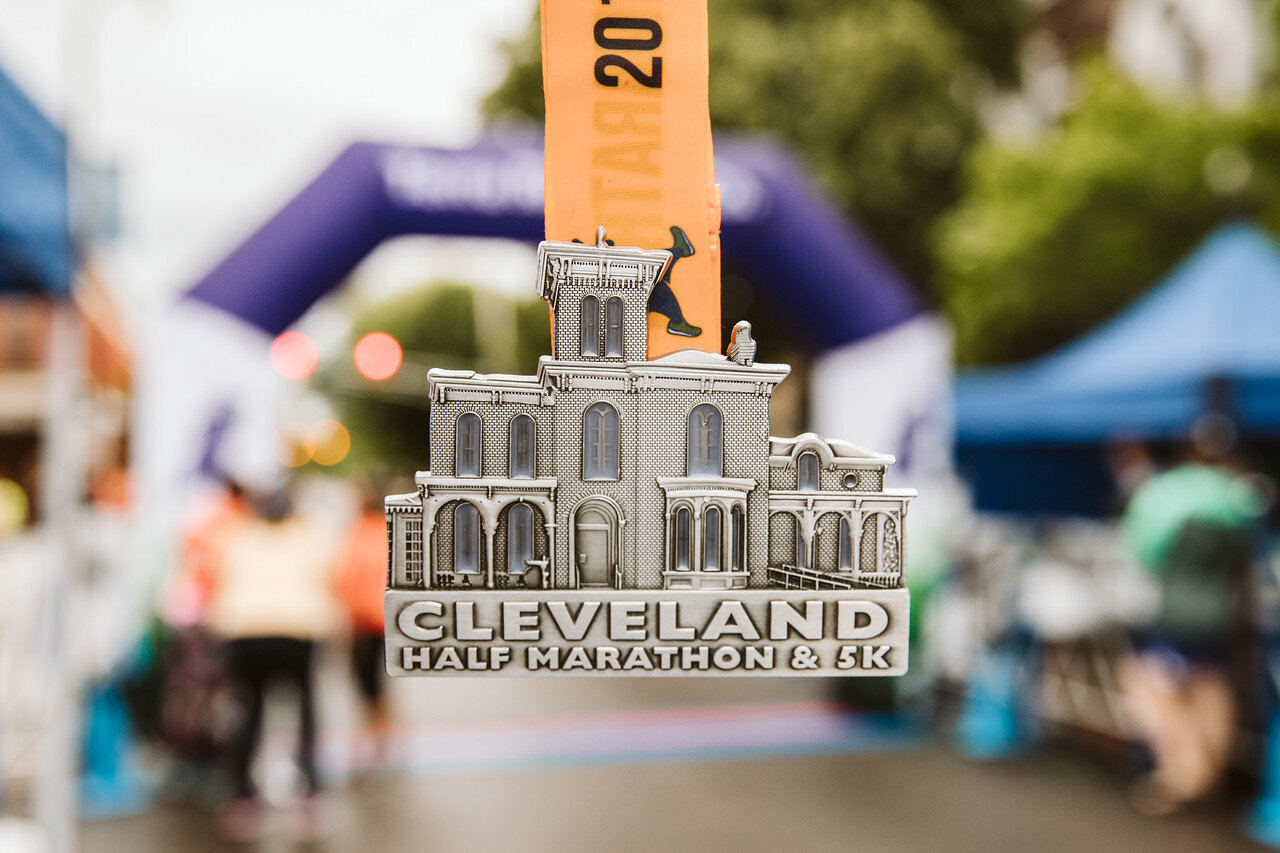
From One Athlete to Another
Dealing with an injury as an athlete is incredibly tough, especially on a joint you walk on and use every day. If you’ve ever had a foot injury, I’m sure you’ve had to wear a boot, ankle brace, compression socks, or all the above. Well, today I am writing this to let you know that it does get better. It may be hard to see while walking through the injury in the present moment. However, injuries do not define our recreational abilities or show us how weak we are, but sometimes injuries can help us see a broader perspective, redefine our passion for sport, and show us just how strong we are.
From personal experience, I know how it feels to feel “stuck” as an athlete. You see your friends sprinting or having the best time, while you’re sitting in your living room completing another set of Physical Therapy exercises for the day. Wondering if you will ever get back to what you love.
Then you may notice as you get back to your sport, that your foot has changed a little bit, and the shoes that were once working for you just do not accomplish the original comfort you had, and you may ask “What do I do now? How embarrassing is it to say my feet have changed?” Well, I will tell you that our feet changing is not an embarrassing situation, but it is a normal process.
Sometimes an injury will tell us what we best need, you may need a shoe with extra support, or you may need something with a more balanced cushion to get through the recovery process. That is ok! You do not need to apologize for how different it may be for you; at Terra we are here for you and are not judging you based on how your feet have changed. Our feet changing especially with injury might be confusing to us, but the good news is that each shoe is made differently and while you are experiencing all the things recovery brings about; finding a shoe to guide you through that process can be beneficial.
If the thought of shoe shopping stresses you out through this process I will share with you that from experience, I have had multiple foot injuries over the last three years, and shoe shopping would always result in tears with hours and hours into the shopping journey. It was overwhelming, I felt like no one understood, and supportive shoes were just a whole brave new category to fall into, adding to all the injuries, and emotions that come with recovering. With the most recent experience being seen in the picture above with my feet changing sizes again for the 3rd time. Just know that you are not alone! Injuries are hard, our feet changing with or without injury is also hard, however having the right tools to navigate through this change does help.
There are a ton of options for shoes and different directions to navigate through. I know that once you’ve gotten used to your original comfortable shoe, it is hard to branch out. Sometimes switching up our shoes for recovery is beneficial to build up different muscles in our feet and help rest those affected joints a bit better, with less pressure going straight to the injured area, and more time to heal.
From one recovering athlete to another, I want to encourage you, that you are not crazy for noticing a change. Sometimes our injuries tell us we need something different and that is ok! Recovery is a hard rollercoaster with plenty of emotions. Especially when the holidays approach and you’re surrounded by your fellow athletes, but the injuries you are facing today are not forever, you will be a stronger athlete with so much more life to live! You are doing great, keep taking on each day as it comes, and we are here for you to help you find a shoe for the season you are in!
Improve Your Sleep, Improve Your Health
Everyone knows that sleep is important but most of us still struggle to get enough quality sleep each night. This lack of sleep not only effects our moods and our energy levels, it also effects our immune systems, memory, decision making, and recovery time (among many other things). This makes sleep even more important for those who are actively training for races or working on specific fitness goals. Since our bodies rely on getting quality sleep to repair and rebuild what has been worked and strained during the day, athletes need this time to heal and build their bodies even more than a non-active person. And while sleep will always be a challenge for some depending on life circumstance and stage of life (I’m looking at you, new parents) a lot of us would simply rather stay up late binge watching the newest Netflix show instead of creating healthy habits around our sleep. This is what experts call poor ”sleep hygiene.”
IMPROVING SLEEP HYGIENE
To quickly improve sleep hygiene, try setting a routine bedtime and a routine wake time regardless of what day of the week it is. This allows your body can create a natural circadian rhythm and better regulate its own melatonin production. Experts also say that It is a good idea to be off of screens for at least 30 minutes before you attempt to sleep due to the blue light that is emitted from our screens which disrupts the production of melatonin. You can also install a blue light dimmer on your phone or computer like F.Lux to cut down on the blue light you are exposed to. As for melatonin, beware of relying on supplements. While taking a melatonin supplement sounds like an easy fix for our bad habits, new research has shown that many melatonin products have significantly higher amounts (up to 500% more) of melatonin in them than their labels claim and that the effects of these elevated levels could be dangerous. Melatonin is even a regulated substance in other countries like the United Kingdom and New Zealand where it is available only as a prescription. Instead, try a magnesium supplement like the effervescent tablets in Nuun’s “Rest” line. Magnesium has a calming, anti-stress, anti-anxiety effect without messing around with hormones. A calming cup of chamomile tea has also been shown to be effective at promoting sleep.
Beyond helping regulate your circadian rhythm, try to make your sleep environment as conducive as possible to rest. Ensure your room is as dark as possible with black out shades, and cut down on distracting noise throughout the night by using a fan or noise machine. It is also important to maintain a proper temperature in your room — if things are too hot or to cold you will toss and turn. While everyone is different, aim for around 65 degrees for the most restful sleep. Lastly, do your best to make sure that your room is tidy. Messy spaces have been show to elicit a subconscious (if not conscious) stress response and your body will pick up on this even as you try and sleep.
WEARABLES AND SLEEP TRACKING
When worn overnight, devices like Garmin wearables will track your heart rate, heart rate variability, breathing, blood oxygen, stress levels, as well as sleep, sleep stages and restless periods throughout the night (note that while almost all Garmins have some form of sleep tracking, not all of them have every premium feature). This can be very helpful in identifying things that may be effecting your sleep, for instance noting how eating close to bed time affects your sleep, if those black out shades helped you sleep deeper, etc. Garmin will also adjust its recommended training based on how well you slept the night before and give updates on your recovery status. Even if you don’t have a Garmin, there are plenty of apps and built in systems in our smart phones to help us sleep better. The iPhone has a sleep schedule feature which will alert you when you need to start getting ready to go to bed based on the time you set it to. The iPhone can also automatically enable a sleep “do not disturb” function so that you are not bothered with pesky notifications, texts and calls you don’t want to see.
OTHER CONSIDERATIONS
While everyone is different, no matter who you are, getting quality sleep is essential to your health. Work on improving your sleep even if it is just changing up one thing for the better. Be observant to your own patterns. Are you significantly affected by light? Try black out shades. Do you drink or eat a lot in the evening and find you aren’t sleeping soundly? Consuming alcohol or eating too close to your bed time can disrupt sleep (it is a myth that alcohol will help you sleep sounder). Are you constantly tossing and turning at night? Is your room too hot or too cold? Do you need a better pillow or mattress? As you start to pay attention to your sleep quality you will also notice how much more energized you feel after getting a proper night’s rest!


